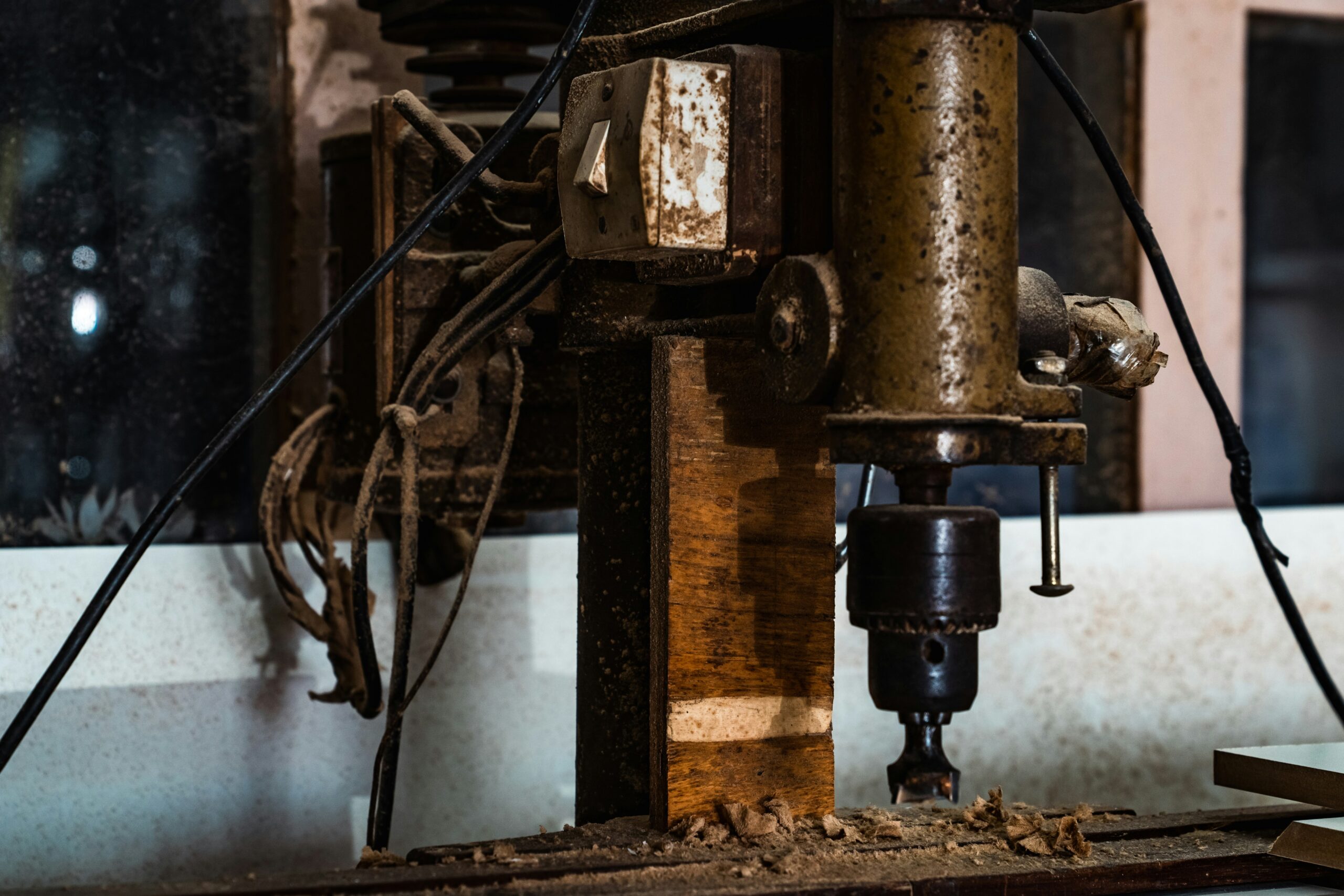
Sim Corder’s revolutionary innovations in mill engineering have left a profound and lasting mark on the industry. His work spanned several decades and introduced new techniques and ideas that radically transformed mills’ operations. From enhancing efficiency and productivity to pioneering automation and sustainable practices, Corder’s contributions reshaped the milling sector, setting the stage for modern advancements that continue to evolve today.
A New Era in Mill Engineering
Sim Corder entered the field of mill engineering at a time when conventional methods were commonplace.While other engineers refined existing systems, Corder saw an opportunity to push mill design boundaries. His early work aimed to challenge traditional methods, improve productivity, reduce costs, and enhance milling effectiveness.
Rather than relying on incremental changes, Corder was determined to develop entirely new systems that would offer significant improvements over the outdated techniques of the time. He applied a fresh perspective to the challenges faced by the milling industry, which set him apart from his peers. His drive for innovation led to creating designs and technologies that revolutionized mill engineering.
Pioneering Innovations That Transformed Efficiency
One of Corder’s most significant achievements was his ability to enhance the efficiency of milling operations dramatically. By optimizing machine performance and refining the design of core components, he developed systems that operated at higher speeds and with greater precision. His solutions reduced operational waste, increased output, and helped mills achieve higher productivity.
Corder’s designs also incorporated advanced technology, enabling mills to operate more smoothly with fewer disruptions. For instance, he developed more reliable power transmission systems that minimized energy losses and ensured a more consistent milling process. The resulting systems performed better and proved more cost-effective in the long term, allowing businesses to achieve higher profit margins while reducing operational expenses.
The Shift to Automated Milling Operations
Sim Corder’s embrace of automation, long before it became common in the milling industry, was transformative. He recognized that automation could enhance speed, precision, and consistency and developed systems that integrated automated controls into mill machinery.
By incorporating sensors, real-time monitoring, and intelligent control mechanisms, Corder’s systems reduced the need for manual intervention. This shift toward automation meant that mills could operate more efficiently with fewer human errors, resulting in higher-quality products and reduced downtime. Corder’s pioneering work in automation paved the way for fully automated mills, which are now commonplace in today’s industry.
Integrating Sustainability with Modern Mill Engineering
Sim Corder was focused on improving productivity and efficiency and recognized the importance of environmental sustainability in mill operations. As industries concentrate on reducing their ecological impact, Corder’s work featured energy-efficient designs and technologies for more sustainable mill operations.
Corder’s systems were designed with energy-saving features that minimized power consumption, helping mills lower their carbon footprint and reduce operational costs. His emphasis on sustainability also extended to the way mills processed materials. By improving material handling and waste reduction, Corder’s designs enabled mills to operate with greater resource efficiency, now an essential aspect of modern industrial operations.
A Legacy of Excellence and Innovation
Sim Corder’s legacy in mill engineering is undeniable. His innovations have advanced the industry and set the stage for future engineers and mill operators to continue improving milling technology. Today, the principles he championed—efficiency, automation, and sustainability—remain central to the industry’s evolution.
Corder’s work has resulted in modern mills that are faster, more reliable, and more sustainable than ever before. His visionary approach to mill engineering has set a high standard, and his contributions inspire innovation in the field. Sim Corder’s impact on the industry is lasting, and his influence will be felt for many years as new advancements continue to build on the foundation he established.